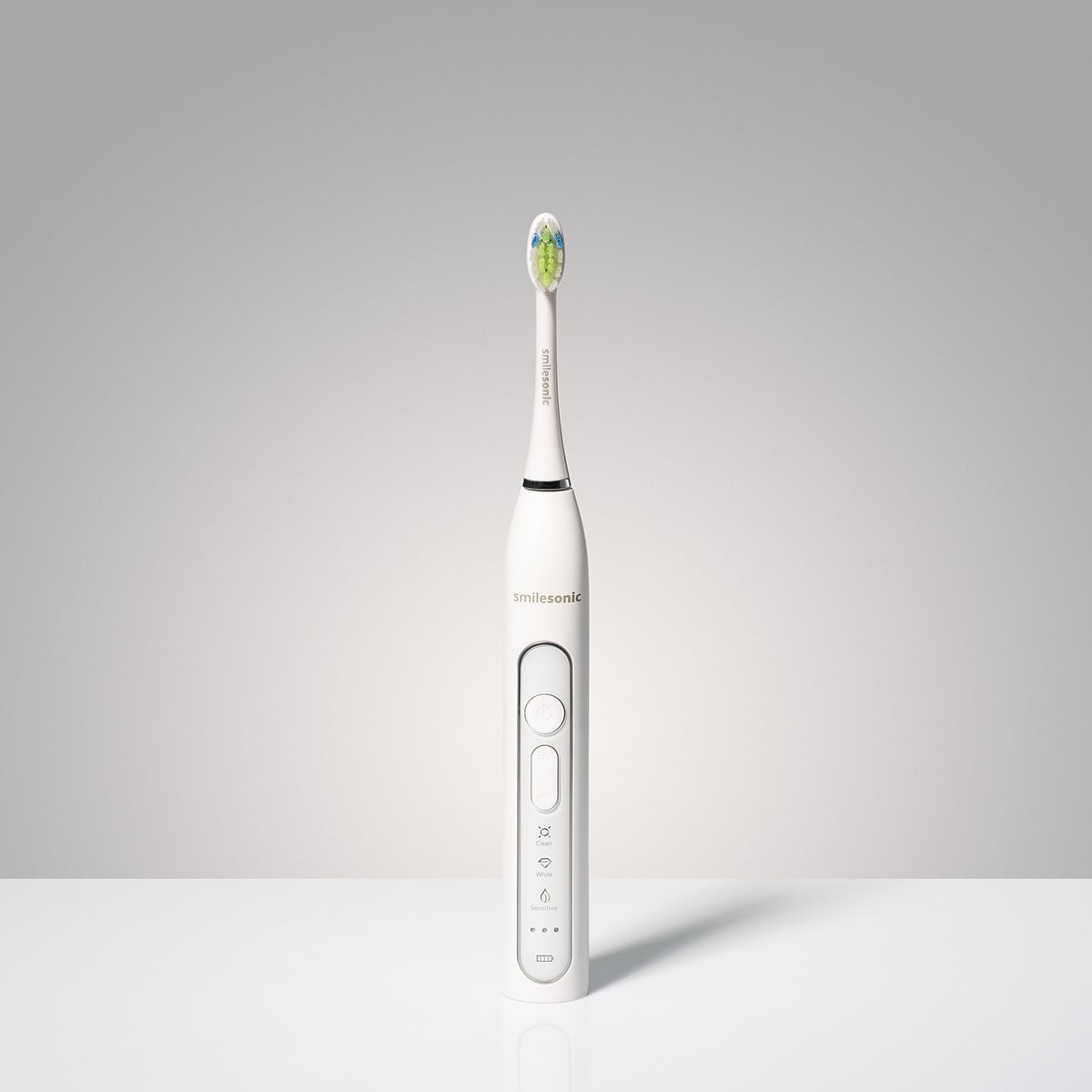Porcelain veneers – durability, cost, reviews, and whether it is worth getting them
Getting porcelain veneers is one of the most effective ways to achieve a perfectly white smile. It is a popular choice among film and music celebrities. What is the cost and durability of porcelain veneers? Is it worth the investment? A healthy, white smile enhances not only our appearance but also our self-confidence and well-being in social situations. Read this article to learn more about porcelain veneers.
What are porcelain veneers?
The history of veneers dates back to the 1930s when they were first used in Hollywood to enhance the smiles of actors. Over the years, the technology and materials used have greatly advanced, resulting in even better outcomes.
A veneer is a thin shell that is bonded to a tooth to cover discoloration, misalignment, or cracks. It is most often applied to the front teeth. Patients can choose between acrylic, composite, feldspathic ceramic, or porcelain veneers. In this article, we focus on porcelain veneers, known for their high durability, mechanical strength, flexibility, and resistance to stains. They are hypoallergenic and well-tolerated by the human body. Their color closely resembles that of natural teeth.
The application of veneers is quick and efficient. The dentist prepares the tooth, takes an impression, and applies a temporary veneer. The permanent veneer is placed during the next visit. In some cases, a porcelain veneer can last up to thirty years.
Who are porcelain veneers for?
Porcelain veneers are not suitable for everyone, so the final decision should be made by a dentist. They may be used in the following cases:
- discoloration
- diastema
- misaligned teeth
- desire to enlarge a tooth
- minor chipping
One of their key advantages is resistance to tartar buildup and staining. Some believe they are even harder than natural enamel. However, patients with veneers should be cautious when consuming hard foods. Before the procedure, all teeth must be treated and cleaned. Many patients choose to whiten their teeth before veneer placement.
Contraindications to porcelain veneers
Porcelain veneers are not recommended in the following cases:
- bite misalignment
- bruxism
- very short teeth
- poor oral hygiene
- teeth with numerous fillings
- active caries and gum inflammation
- harmful habits like nail biting
The process of getting porcelain veneers
The procedure begins with a consultation and treatment planning. The dentist evaluates the patient’s teeth and selects the appropriate shape and color for the veneers to achieve a natural result. The teeth are then prepared, usually requiring the removal of a thin layer of enamel. There are also non-prep veneers, which do not require enamel removal and are less invasive.
Veneer placement is a multi-step process involving custom veneer fabrication and cementation. Each veneer is individually made to ensure a perfect fit.
Pros and cons of porcelain veneers
Porcelain veneers offer a natural appearance and long-lasting results. Porcelain closely mimics the look of real enamel, making the veneers indistinguishable from natural teeth. They are also resistant to staining, keeping their bright appearance for many years.
The main drawback of porcelain veneers is the cost. They are more expensive than other aesthetic dental solutions. There is also a small risk of damaging the tooth during preparation, which may require future treatment.
Care and maintenance of porcelain veneers
To prolong the life of porcelain veneers, daily oral hygiene is essential. This includes brushing, flossing, and using mouthwash. Avoiding hard foods and acidic drinks will help protect the veneers.
Regular dental visits are crucial. The dentist can check the condition of the veneers and perform professional cleanings to extend their longevity.
Comparison with other types of veneers
Compared to composite veneers, porcelain veneers offer better durability and a more natural appearance. While composite veneers are cheaper, they have a shorter lifespan and less aesthetic appeal. Ceramic veneers are similar in appearance to porcelain ones, but porcelain is more durable, making it the preferred choice for many patients.
Read more: Dental Bonding
Cost of porcelain veneers
The cost of porcelain veneers varies depending on several factors, such as clinic location, dentist experience, and material quality. In Poland, the average price ranges from 1500 to 3000 PLN per tooth. Financing options such as installment payments can help cover the cost of treatment.
Contraindications and alternatives
Despite many benefits, porcelain veneers are not suitable for everyone. Patients with serious bite problems, bruxism, or very thin enamel may need to consider alternatives like teeth whitening, crowns, or composite veneers.
The future of porcelain veneers
Innovations in cosmetic dentistry continue to evolve, improving porcelain veneer technology. Hybrid materials that combine porcelain with other modern elements offer even better results. Porcelain veneers are becoming increasingly popular, not only among celebrities but also among everyday patients.
Porcelain veneers – patient reviews
Porcelain veneers are highly rated among all types of veneers. Their bonding to enamel preserves natural tooth structure and minimizes discomfort. Their translucency provides a natural shine and color. Patients appreciate their strength, durability, and stain resistance. These are the veneers of choice for those seeking the “Hollywood smile.”
How much do porcelain veneers cost?
The price ranges from 1500 to 3000 PLN per tooth. This includes dentist fees, dental lab work, materials, and clinic use. Whether or not tooth preparation is required may also affect the total cost.


